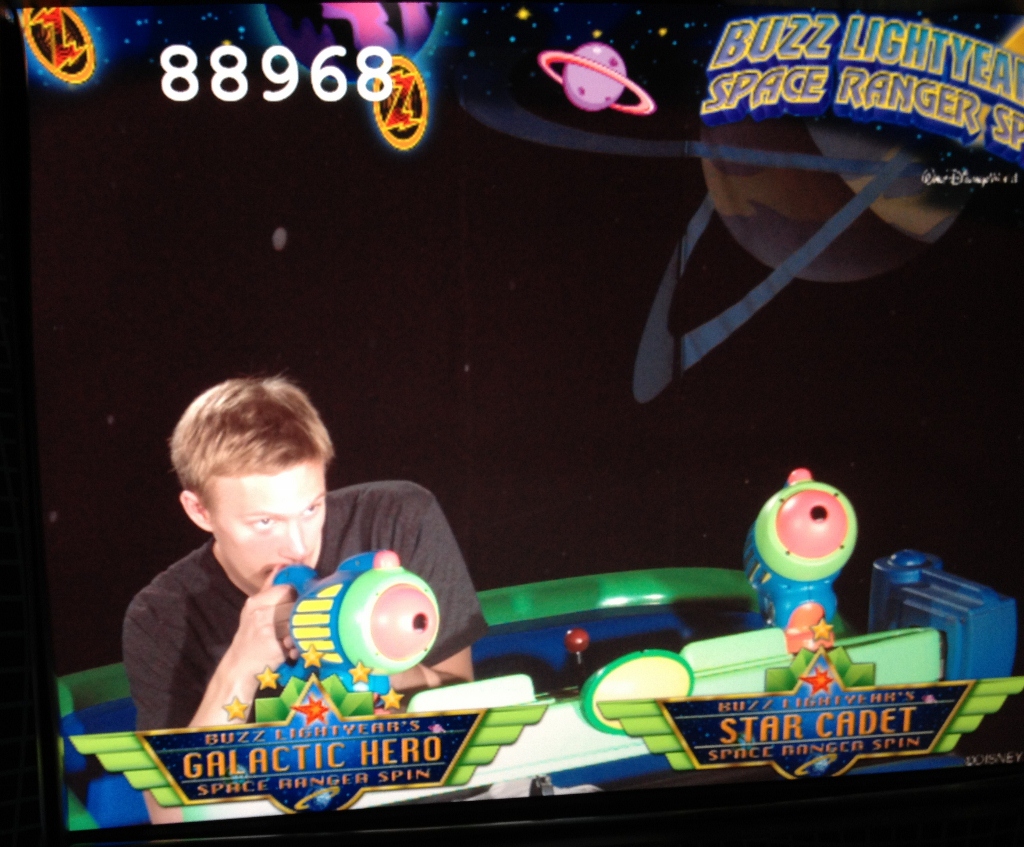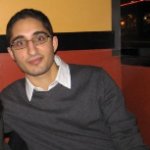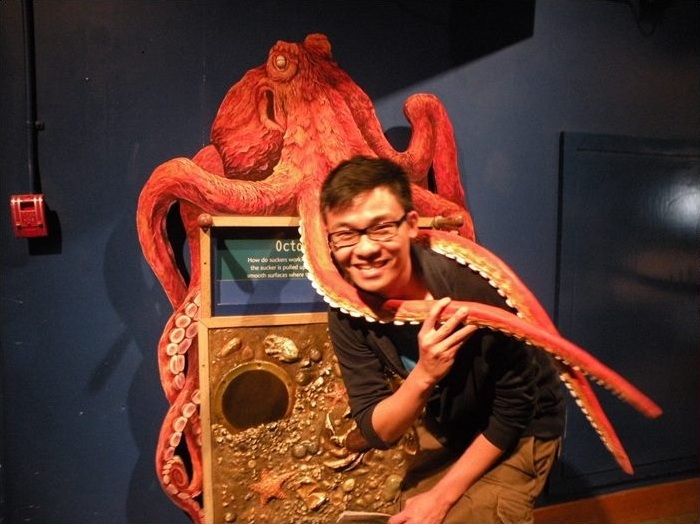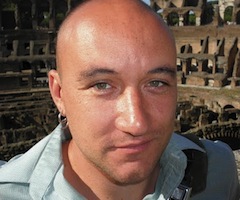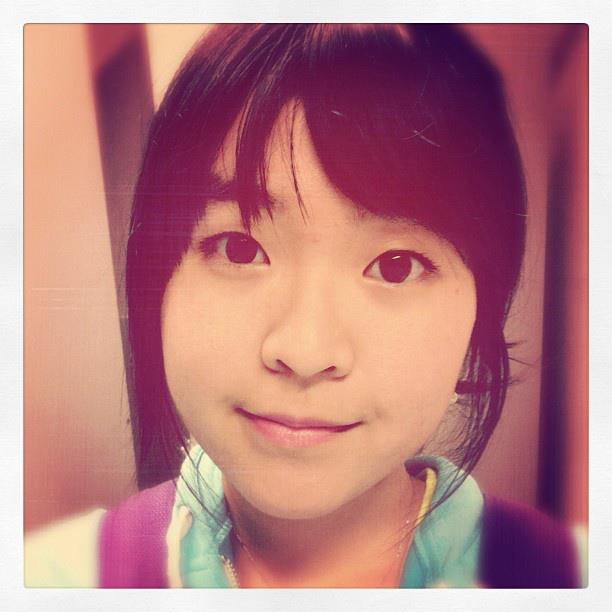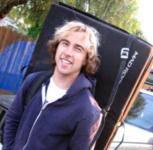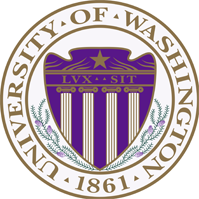Team:Washington/Team:Members
From 2012.igem.org
| Line 59: | Line 59: | ||
<caption="Undergraduate Team Members" widths="180px" heights="120px" perrow="4"> | <caption="Undergraduate Team Members" widths="180px" heights="120px" perrow="4"> | ||
| - | + | Winter quarter marked the beginning of participation for this year's team for both students and advisors alike. Advisors helped students to familiarize themselves with the synthetic biology world by recommending published scientific papers and weekly meetings. In addition, students also familiarized themselves with previous years Washington iGEM projects and gave presentations about their respective projects. During spring quarter, the team progressed into giving another round of presentations in which published scientific papers concerning synthetic biology were the topics of interest. Students, being well prepared and familiarized with the inner workings of iGEM and synthetic biology, then brainstormed and chose our projects with the guidance of our advisors. | |
The work documented here in this wiki and on our presentation is entirely the work of iGEM students - it does not represent the project of any host lab, advisor, or instructor participating in iGEM. | The work documented here in this wiki and on our presentation is entirely the work of iGEM students - it does not represent the project of any host lab, advisor, or instructor participating in iGEM. | ||
| - | + | Protein Degradation: | |
After producing promising results, in future directions: | After producing promising results, in future directions: | ||
| - | |||
| - | + | Flu Binders: | |
| - | |||
| - | + | Optogenetics: | |
| - | |||
| - | |||
| - | |||
| - | |||
| - | |||
| - | |||
| - | |||
iGEM Toolkits | iGEM Toolkits | ||
| Line 87: | Line 78: | ||
Community Outreach | Community Outreach | ||
| - | + | ||
Revision as of 04:53, 29 September 2012
Washington george fu.jpg
Major |
|||
Washington lei zheng.jpg
Biochemistry |
Washington mo li.jpg
Major |
|||
Winter quarter marked the beginning of participation for this year's team for both students and advisors alike. Advisors helped students to familiarize themselves with the synthetic biology world by recommending published scientific papers and weekly meetings. In addition, students also familiarized themselves with previous years Washington iGEM projects and gave presentations about their respective projects. During spring quarter, the team progressed into giving another round of presentations in which published scientific papers concerning synthetic biology were the topics of interest. Students, being well prepared and familiarized with the inner workings of iGEM and synthetic biology, then brainstormed and chose our projects with the guidance of our advisors.
The work documented here in this wiki and on our presentation is entirely the work of iGEM students - it does not represent the project of any host lab, advisor, or instructor participating in iGEM.
Protein Degradation: After producing promising results, in future directions:
Flu Binders:
Optogenetics:
iGEM Toolkits Michael Brasino, Rashmi Ravichandran, and Alicia Wong worked on extracting and BioBricking the essential genes for magnetosomes, made the fusion proteins, and did the experimental measurements. They also expanded on work that was started by UW iGEM students in 2010, by constructing more Gibson-friendly plasmid backbones and characterizing the Gibson-assembly efficiencies of pSB and pGA plasmids.
Community Outreach
Washington Klavins.jpg
Electrical Engineering |
Washington Anaspec.gif
Peptide discounts |
</center>
 "
"






